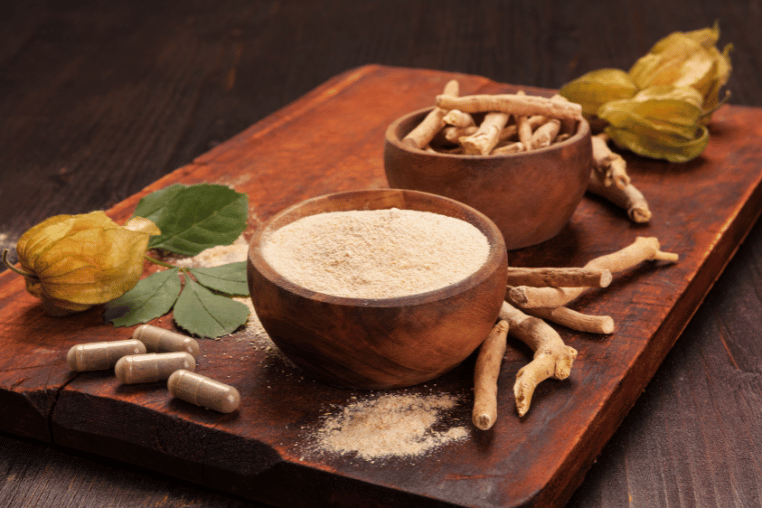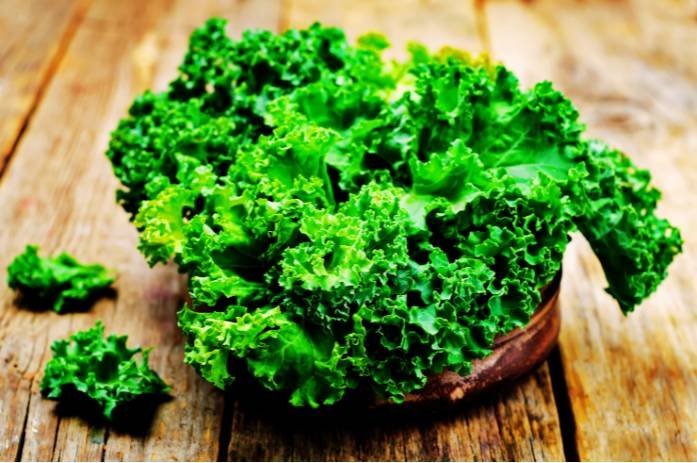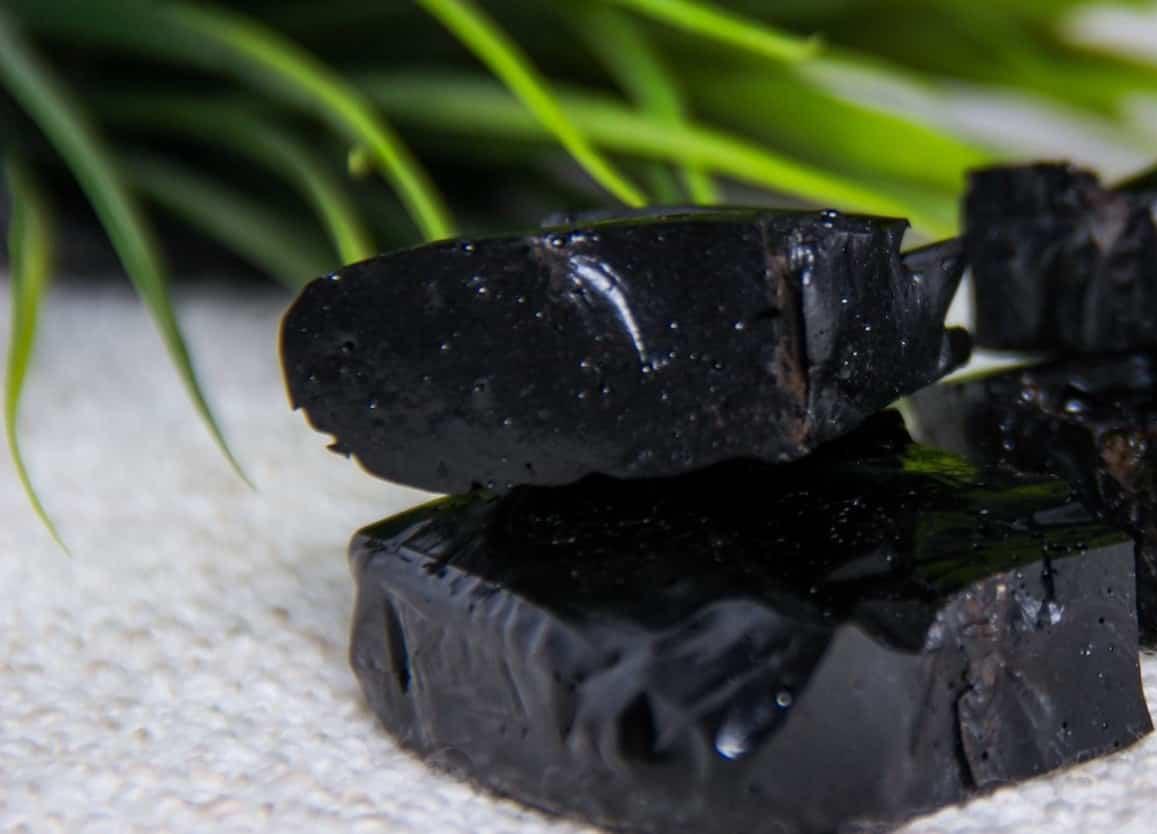
Passionate & Certified Nutritionist
Introduction
Spicy foods have been tantalizing taste buds around the world for centuries. From the fiery Indian curries to the zesty Mexican salsas, the love for spiciness transcends cultures. But did you know that beyond the burst of flavor and the satisfying burn, spicy foods also offer a range of health benefits? The secret lies in the active component of peppers called capsaicin, which delivers that unmistakable kick. Whether you’re a fan of jalapenos or habaneros, the benefits of incorporating spice into your diet are numerous. Embracing spiciness isn’t just about the thrill for your taste buds – it’s about embracing a world of potential health advantages that come with it.
The Science Behind the Heat
Capsaicin binds to receptors in your mouth, signaling a burning sensation. This triggers your body to release endorphins, creating a natural high. These endorphins, often referred to as “feel-good” chemicals, not only make you feel better emotionally but also contribute to pain relief. Additionally, capsaicin prompts a thermogenic effect, boosting your metabolism and helping with weight management. So that fiery sensation isn’t just your taste buds in action – it’s your body’s metabolic response to the heat, working to increase energy expenditure.
Boosting Metabolism and Weight Management
Eating spicy foods can rev up your metabolism by increasing the body’s temperature and heart rate. This surge in energy expenditure aids in burning calories and can be a complementary strategy for weight loss. The heat generated by capsaicin prompts your body to work harder, promoting fat oxidation. So, next time you indulge in a spicy meal, know that it’s not just the taste you’re savoring, but a potential boost to your metabolism as well.
Heart Health and Improved Blood Circulation
Spicy foods promote blood circulation and may lower blood pressure. Capsaicin encourages blood vessels to relax, enhancing blood flow and reducing the risk of cardiovascular issues. This improved circulation can have a positive impact on your overall heart health and contribute to a healthier cardiovascular system. The dilation of blood vessels not only aids in better circulation but also helps in delivering essential nutrients and oxygen to various parts of the body.
Pain Relief and Anti-Inflammatory Effects
Believe it or not, capsaicin’s heat can relieve pain. It works by depleting a neurotransmitter called substance P that sends pain signals to the brain. By reducing the levels of substance P, capsaicin effectively dampens the perception of pain. Topical capsaicin creams are used to alleviate muscle and joint pain. This natural pain relief mechanism is an intriguing benefit that goes beyond the typical culinary experience. The anti-inflammatory effects of capsaicin further contribute to its potential as a pain management tool.
Enhanced Digestion and Gut Health
Spices stimulate saliva production, aiding digestion right from the moment they hit your taste buds. The increased saliva flow not only helps in breaking down food but also initiates the digestive process more efficiently. Moreover, the antimicrobial properties present in many spices contribute to maintaining a healthy balance of gut bacteria. A harmonious gut flora balance is essential for overall digestive health and can impact everything from nutrient absorption to immune function. By incorporating spicy foods into your meals, you’re not just treating your taste buds but also promoting a healthier gut environment.
Cancer Prevention Potential
The potential cancer-fighting properties of capsaicin have garnered attention from researchers around the world. Some studies suggest that capsaicin could hinder the growth of cancer cells, particularly in certain types of cancer. This effect is attributed to capsaicin’s antioxidant properties, which play a role in neutralizing free radicals – unstable molecules that can cause cellular damage and contribute to cancer development. While more research is needed to fully understand capsaicin’s role in cancer prevention, the initial findings present an exciting avenue of study with promising implications for health.
Mood Elevation and Endorphin Release
The rush of endorphins triggered by capsaicin isn’t just limited to the physical realm; it can have a profound impact on your emotional state as well. These endorphins act as natural mood elevators, reducing stress and promoting a sense of well-being. That’s right – the same compounds that give you that spicy thrill also have the power to lift your spirits. So, on those days when you’re feeling a bit low, consider reaching for a spicy dish to bring about a mood-enhancing effect that’s entirely natural.
Aiding Respiratory Health
Spicy foods might provide more than just a delightful burn – they could be your ally in promoting respiratory health. The heat from spices like chili peppers can stimulate mucus flow and help clear congestion, offering relief from sinus issues and respiratory discomfort. If you’ve ever felt your nose clear up after biting into something spicy, you’ve experienced this effect firsthand. So, during cold and flu seasons, embracing spiciness in your meals might provide some much-needed comfort and relief.
Balancing Blood Sugar Levels
Capsaicin’s potential to regulate blood sugar levels is a development that has piqued the interest of researchers and individuals with diabetes alike. By improving insulin sensitivity, capsaicin may contribute to more stable blood sugar levels, which is crucial for diabetes management and prevention. While this area of research is still evolving, the prospect of harnessing capsaicin’s properties for better blood sugar control is an exciting avenue that holds promise for the future of diabetes care.
Skin Benefits and Radiance
Your skin could also reap the rewards of indulging in spicy foods. The antioxidants found in these foods play a significant role in combating oxidative stress, a process linked to premature aging and skin damage. The improved circulation resulting from capsaicin’s effects also contributes to healthier skin by ensuring better nutrient and oxygen delivery. These benefits can contribute to a radiant complexion and a healthier overall appearance. So, while your taste buds revel in the spicy sensations, your skin might just thank you for it too.
Choosing the Right Level of Spice
When it comes to enjoying spicy foods, finding the right level of spice is key to a satisfying experience. Gradually introducing spicy foods into your diet allows your taste buds to adjust and prevents overwhelming your senses. If you’re new to the world of spiciness, start with milder options like paprika or mild chili peppers, and gradually work your way up to hotter varieties. Remember, the goal is to enjoy the experience without causing discomfort or an overly intense burn.
Incorporating Spicy Foods Into Your Diet
Transitioning to a spicier diet doesn’t mean you have to jump in at the deep end. Start with milder options and progressively increase the level of heat. Experiment with different cuisines to explore a variety of flavors – from the aromatic spices of Indian cuisine to the bold flavors of Mexican dishes. A pinch of cayenne in your scrambled eggs or a sprinkle of chili flakes on your pizza can be a great starting point. By gradually incorporating spice into your meals, you’ll discover new tastes while giving your body the chance to adapt.
Quick Recap
Incorporating spicy foods into your diet can bring not only culinary excitement but also a range of health benefits. From improving metabolism and heart health to offering pain relief and promoting better digestion, the power of capsaicin is truly remarkable. So go ahead, embrace the heat, and savor the multifaceted benefits of spicing up your meals. Whether you’re a fan of a subtle kick or a fiery explosion of flavors, the world of spices is waiting to elevate your culinary experience and contribute to your overall well-being.
Stay adventurous in your food choices, and remember that moderation and mindful consumption are key. As you embark on your journey of exploring the diverse benefits of spicy foods, you’re embarking on a flavorful adventure that might just lead to a healthier and more vibrant you.
Remember that these health benefits can vary from person to person, and it’s essential to consult a healthcare professional before making significant changes to your diet, especially if you have existing health conditions. With each spicy bite, you’re not just adding excitement to your palate, but you’re also nourishing your body in unexpected ways.
FAQs
Spicy foods can be enjoyed by most people, but those with sensitive stomachs should consume them in moderation.
Yes, capsaicin can temporarily increase metabolic rate, aiding in calorie burning. But It may vary from person to person.
Extremely spicy foods can lead to discomfort and digestive issues, so it’s best to gradually increase spice levels. Listen to your body’s signals.
In some individuals, very spicy foods may trigger heartburn. If you’re prone to acid reflux, consume spicy foods mindfully and consider antacids if necessary.
Dairy products like yogurt and milk can help neutralize the heat from spicy foods. Drinking water may provide temporary relief, but dairy can be more effective in soothing the burn.
























